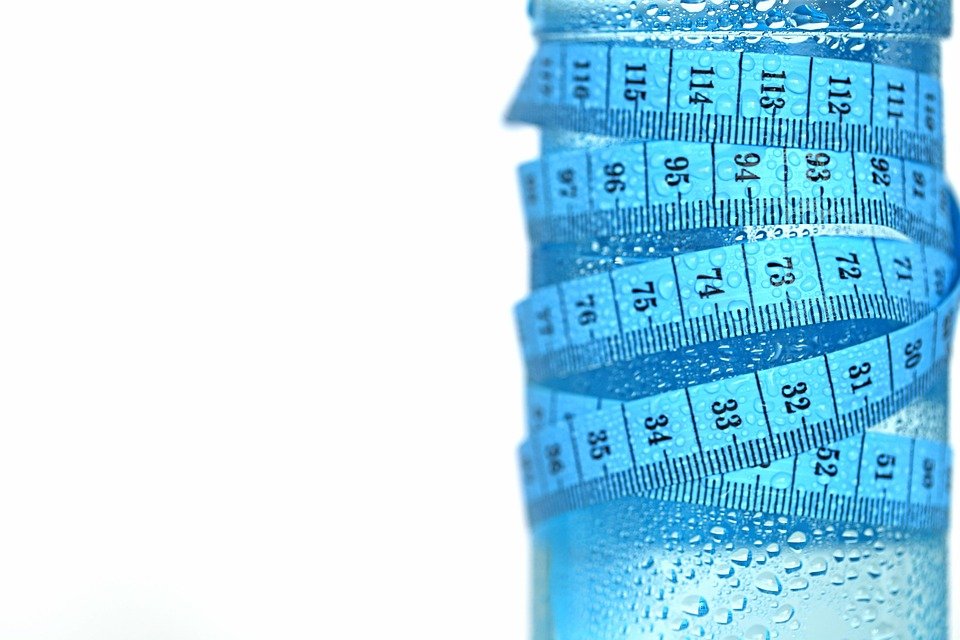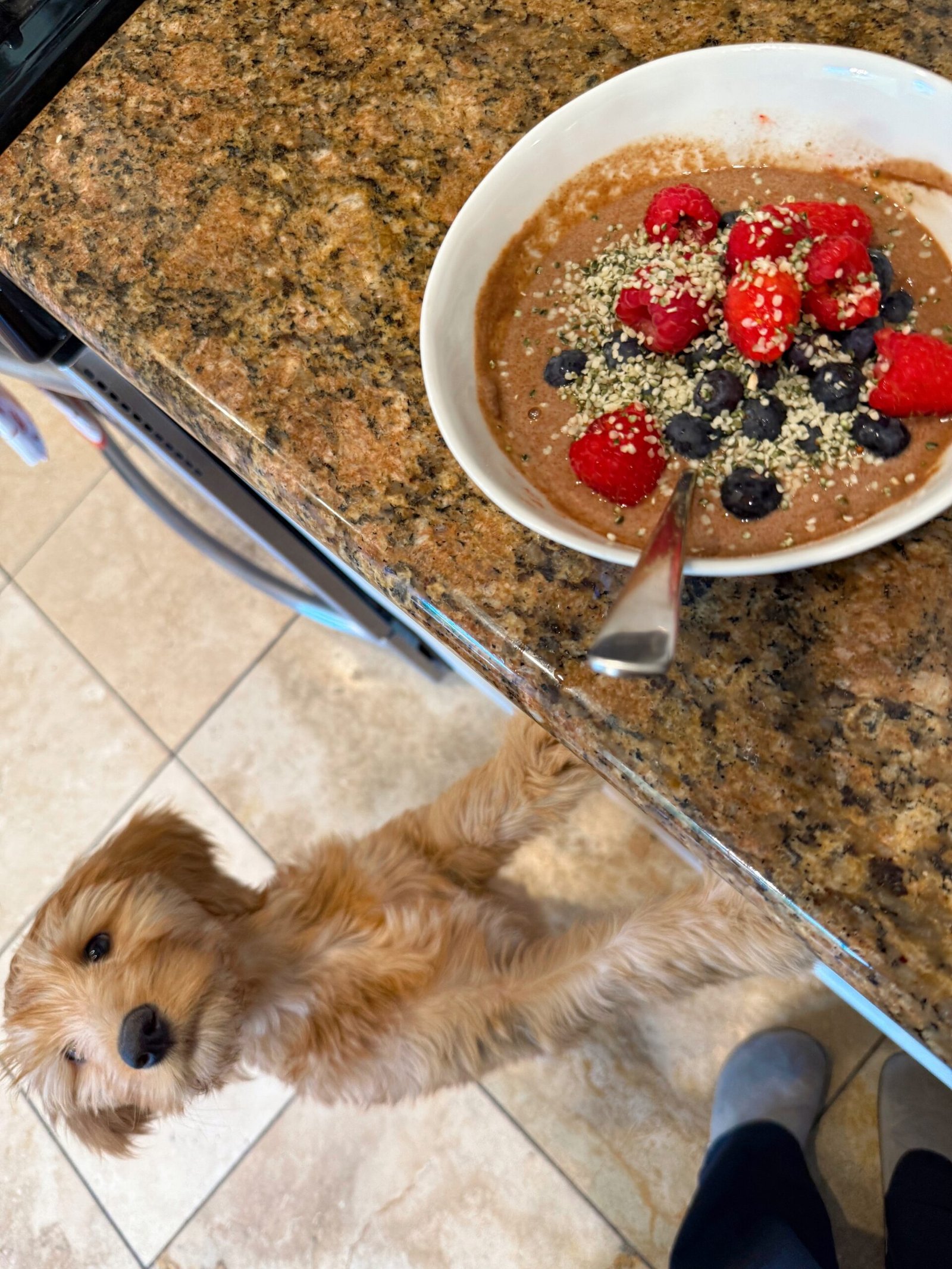Weight loss can be a challenging journey, but with the right diet, it becomes more achievable. In this guide, we’ll explore various weight loss diets, their principles, and how they can fit into your lifestyle. Whether you’re looking for something strict or more flexible, there’s a path for everyone!
Thank you for reading this post, don't forget to subscribe!1. Understanding Weight Loss Diets
Before diving into specific diets, it’s essential to understand that weight loss fundamentally comes down to the concept of calories—specifically, consuming fewer calories than you burn. Different diets achieve this through various methods, encouraging different food choices, portion control, and meal timing.
2. Popular Weight Loss Diets
2.1. Ketogenic Diet
The keto diet consists of high fats, moderate proteins, and very low carbohydrates. This diet helps your body enter a state called ketosis, in which it becomes highly efficient at burning fat for fuel.
- Pros: Quick weight loss; reduced hunger; potential benefits for certain medical conditions.
- Cons: Restrictive; potential nutrient deficiencies; may not be sustainable long-term.
2.2. Mediterranean Diet
This diet emphasizes fruits, vegetables, whole grains, legumes, and healthy fats, particularly olive oil. Fish and poultry are preferred over red meat, while dairy is consumed in moderation.
- Pros: Heart-healthy; easy to follow; balanced nutrition.
- Cons: Can be expensive; requires preparation and cooking time.
2.3. Intermittent Fasting
Intermittent fasting is more of an eating pattern than a diet. It alternates between periods of eating and fasting, which helps reduce calorie intake without necessitating specific food restrictions.
- Pros: Simple to follow; no calorie counting; can fit any dietary preferences.
- Cons: May be difficult for some; potential overeating during eating windows.
2.4. Paleo Diet
The Paleo diet focuses on consuming foods that were available during the Paleolithic era, such as lean meats, fish, fruits, vegetables, nuts, and seeds, while avoiding processed foods, sugars, and dairy.
- Pros: Encourages whole foods; eliminates processed foods.
- Cons: Can be restrictive; may lack grains and dairy which are beneficial for some.
2.5. Plant-Based Diet
A plant-based diet prioritizes whole, minimally processed foods derived from plants. This includes fruits, vegetables, beans, nuts, and whole grains, aiming to eliminate or severely limit animal products.
- Pros: Often lower in calories; high in vitamins and minerals; ethical components.
- Cons: Can require careful planning for protein intake; may lead to nutrient deficiencies.
3. Choosing the Right Diet for You
With multiple diets available, it can be overwhelming. Here’s how to make your choice:
- Assess Your Lifestyle: Determine how much time you can dedicate to meal preparation.
- Consider Your Preferences: Choose a diet that includes foods you enjoy.
- Set Realistic Goals: Understand your weight loss goals and timeline.
- Consult a Professional: Consider speaking with a healthcare provider or dietitian to create a tailored plan.
4. Tips for Successful Weight Loss
No matter which diet you choose, consider these weight loss tips:
- Stay Hydrated: Drink plenty of water throughout the day.
- Monitor Portion Sizes: Being aware of serving sizes can prevent overeating.
- Be Active: Combine your diet with regular exercise for better results.
- Track Your Progress: Keeping a food diary can help maintain motivation.
- Seek Support: Engage friends or communities for encouragement.
5. Conclusion
Embarking on a weight loss journey doesn’t have to be daunting. By understanding different diets and their approaches, you can find one that aligns with your lifestyle, preferences, and goals. Remember that sustainable weight loss takes time and patience. It’s not just about shedding pounds; it’s about creating lasting, healthy habits.
FAQs
What is the best weight loss diet?
There is no one-size-fits-all answer; the best diet is one you can stick to that aligns with your lifestyle and preferences.
How quickly can I expect to lose weight?
Weight loss varies based on the individual and the diet but typically, 1-2 pounds per week is considered healthy and sustainable.
Do I need to exercise while on a diet?
While exercise is beneficial and can enhance weight loss results, many diets can lead to weight loss without exercise, though it is generally recommended for overall health.
Are all diets safe?
No, some diets may not provide adequate nutrition or may be harmful. It’s essential to consult a healthcare professional before starting any new diet plan.
Can I eat out while on a diet?
Yes, many diets can accommodate dining out. Focus on making healthier choices on the menu and being mindful of portion sizes.
















